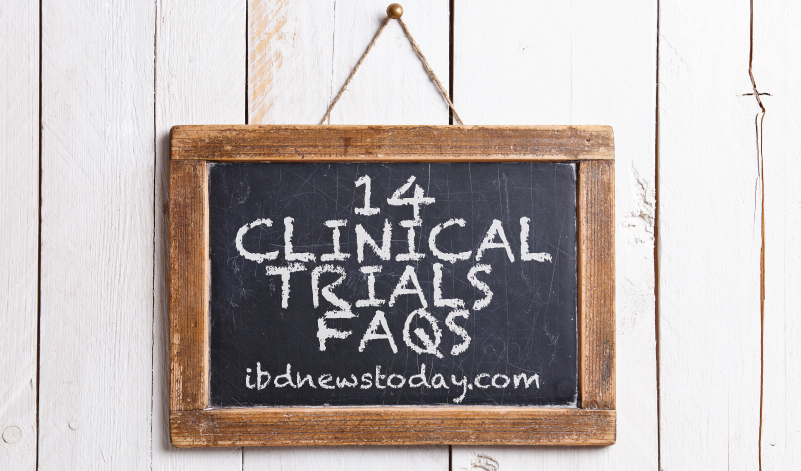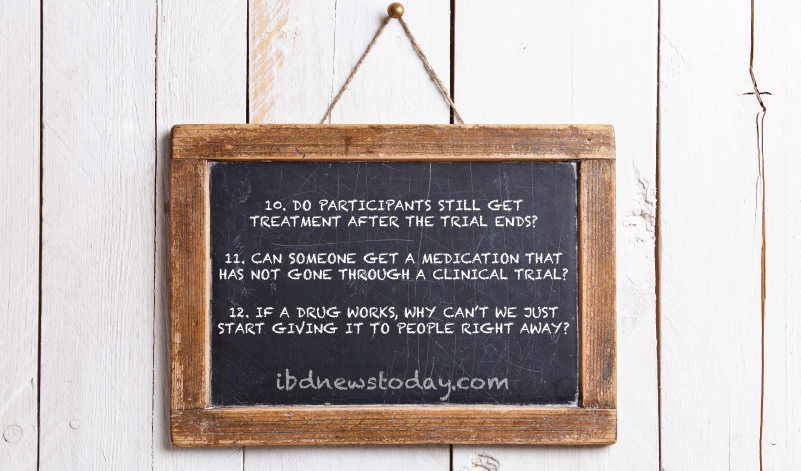10. Do participants still get treatment after the trial ends?
After the trial ends, treatment may end, or participants may be offered continued treatment. This is frequently referred to as an “open label extension.” Participants who have received placebo are sometimes able to get the treatment at the end of a study as well. To understand what happens after the trial ends, it is important to speak with the individuals conducting the trial to see if the option exists to continue the treatment after the trial has ended. Participants should also review any documentation describing the trial, such as the Informed Consent documentation. A doctor could also make a decision to continue the participant on the treatment (if it is available) or a similar treatment.
11. Can someone get a medication that has not gone through a clinical trial?
All medications must go through clinical trials to be used in patients. It is possible for physicians and other prescribing healthcare providers to prescribe a medication that has gone through clinical trials for a different use. This is called “off-label use.” It means that the treatment went through a clinical trial, usually for a similar condition. Using a medication off-label is based on the clinical judgement of the person prescribing the medication.
12. If a drug works, why can’t we just start giving it to people right away?
It is important to make sure a drug is more effective than existing treatments, actually works in a disease and that it is safe. Decisions to give drugs or other medical treatments have to come from scientific data, not just the opinion of a healthcare provider, patient or another individual. Clinical trials help to assure all of these things.


